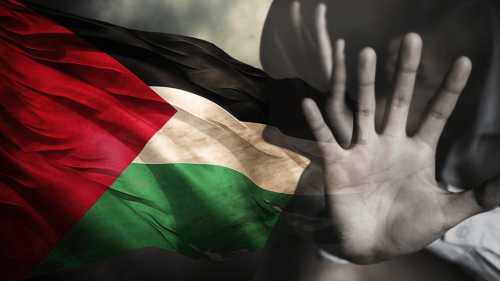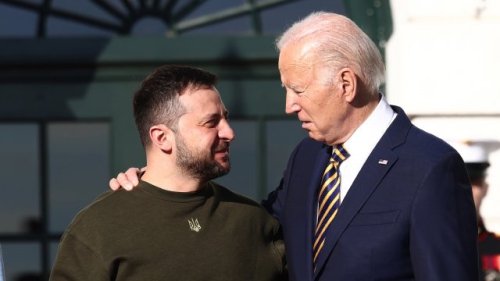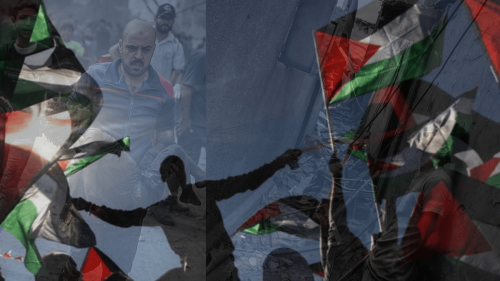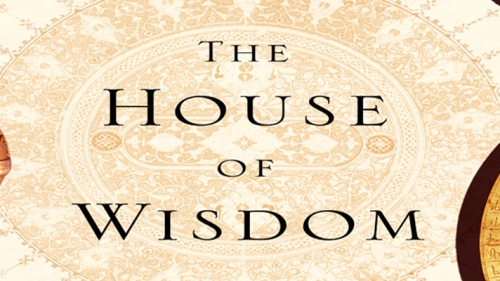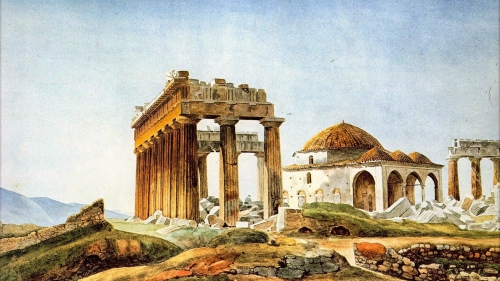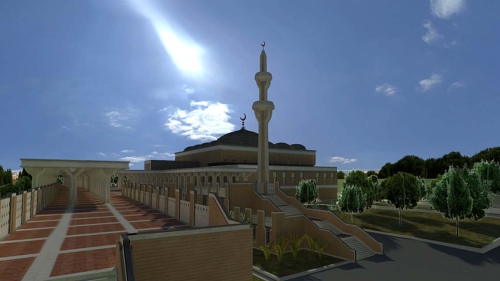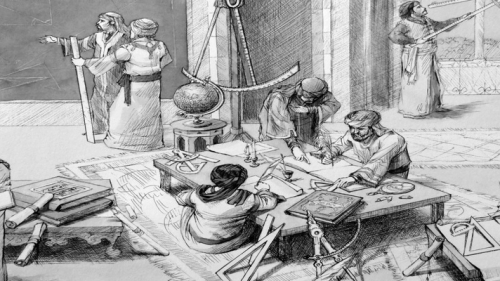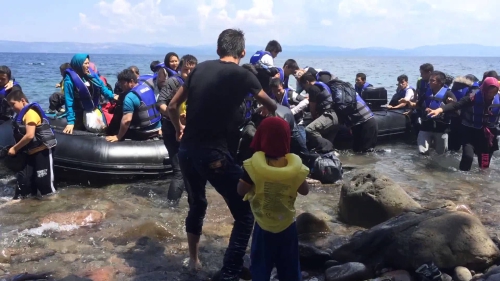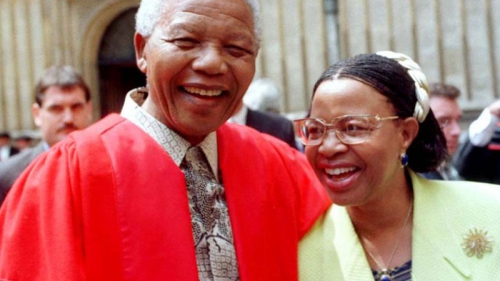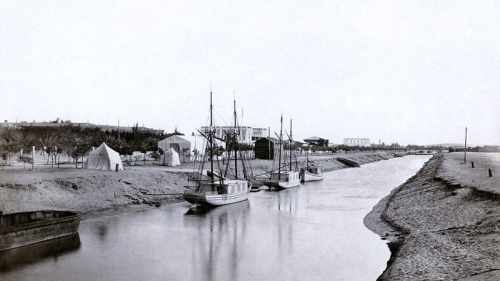Chirac defines role for Europe in M.E.

The American elections are just around the corner and, as usual, Arab political conversation concentrates on which candidate will be better for them. During one such conversation, in reply to the question, a gentleman answered in no uncertain manner, "Jacques Chirac."
There was a stunned silence; however, as I walked from the gathering back to my house, I thought about his answer. And I came to the conclusion that the United States - tilted so unashamedly toward its dependent, Israel - will continue to do nothing positive for the Arabs as they seek a just solution to the most outstanding problem in the Middle East. True, it continues to play a vital role in the talks but its bias is all too-obvious and despite the pressure it could easily bring to bear, the fact is that it does virtually nothing except window-dressing.
On the other hand, last week's visit to the Middle East by French President Jacques Chirac has presented a new possibility - that of a European role in the Middle East. Chirac's emotional outburst in Jerusalem, brought on by the insensitive heavy handedness of the notorious Israeli secret police, was witnessed by the whole world. And the world did not see the outburst as baseless: Chirac was touring the old city of Jerusalem where 98% of the population are Palestinian and he was prevented from having any but the most innocuous exchanges with them.
He spoke for Europe by calling for a Palestinian state. Unlike the United States whose Middle Eastern policies are largely controlled by the minority Zionist community, European policy is based on genuine expressions of freedom and self-interest. Europe should no longer play second fiddle to the United States in the Middle East, especially when the region can offer the Europeans such vast opportunities.
Forty years ago Britain and France launched a joint assault upon Egypt. The result was that both states lost influence and the field was left to the United States. Unfortunately, after initial attempts to broker peace, the United States became a blind supporter of Israeli aggression and went even further in refusing to acknowledge Arab and Palestinian rights. 1956 was followed by 1967 and then in 1973, the crossing of the Suez Canal broke the myth of Israeli invincibility and sent new signals to Israel's principal ally and benefactor.
A new world was emerging. A generation of young men and women, better educated than before, wanted to live as equals with other peoples in the world. They lacked the hang-ups of the past; they were interested in science and technology and on an individual basis were the equal of their contemporaries anywhere in the world. A new dawn seemed to be on the horizon but some old Arab problems reappeared to hold back the rising sun. There was, on the part of the new generation, a regrettable lack of planning and on the parts of their governments, authoritarian tactics which resulted in no avenues of communication to the world. Now, however, that has all changed and Europe has realized the change.
The Arabs have unmasked the duplicitous role of the United States. They now want a counterweight to Washington and Europe is that counterweight. Washington's uncritical support of Tel Aviv has convinced the Arabs that Europe, rather than America, should be their ally. But is Europe willing to play that role?
That question was answered by the French President in his call for a just and lasting peace in the Middle East as well as for the creation of a Palestinian state. His visit was a concrete demonstration of Europe's future role in the region. It was also a snub to Warren Christopher for his undiplomatic warnings to Europe to stay out of the Middle East. Christopher's predecessor too, James Baker, at the Madrid Peace Conference in 1992 literally pushed away a senior European Union commissioner. The Americans evidently believe that because Israel is their client, the entire Middle East belongs to them.
Having nothing to lose, the Arabs went along with the American-initiated peace process. Sadly, this process was derailed by the anti-Arab and anti-peace Binyamin Netanyahu's coming to power. His obsession with what he calls "security" has successfully halted the negotiations and hence the peace process itself.
In the light of these developments, the Arabs must weigh their options. And this will surely mean closer economic and political ties with Europe which will thus play a larger role. The United States, because of its pro-Israel lobby, its general lack of focus and its incoherent long-range foreign policy has ceased to be a trusted partner in the peace process.
During the days of the Cold War, the Arabs had Moscow as a counterweight to American bias. Today, however, Moscow heads the sick man of Europe and as such is no longer a trusted or able ally. Moscow can easily be replaced by London, Paris or Bonn. These countries have strong voices and can compete economically with the United States. Let the Arabs beware, however, of Britain's historic duplicity in the Middle East. Subservience to Washington made several British officials distance themselves from Chirac's call for an independent Palestine.
The Arabs believe that more coordination between them and the European Union would be a means of thwarting obvious U.S.-Israeli plans for domination of the region. Europe could play a balancing role which is something the Arabs sorely need and is long overdue.







